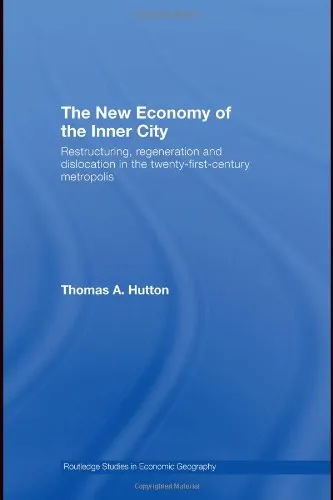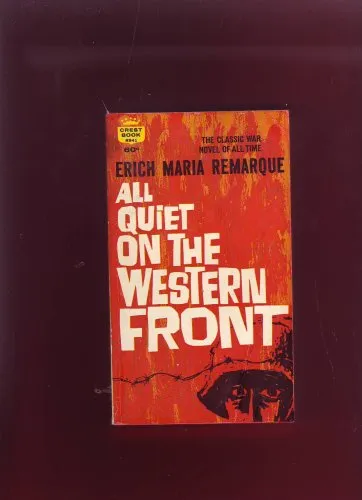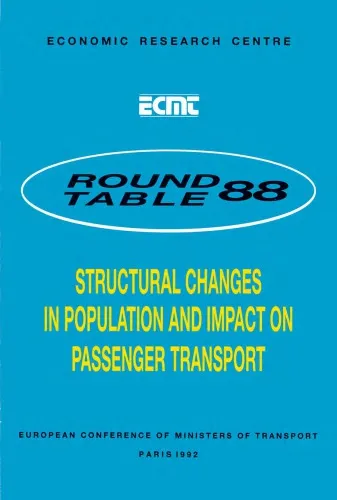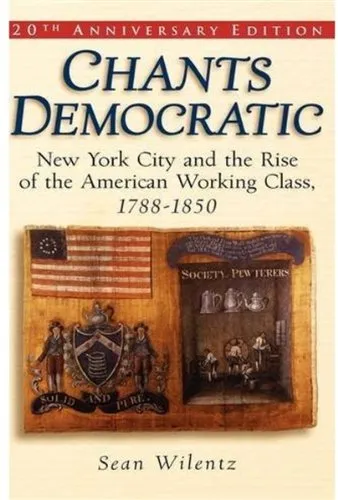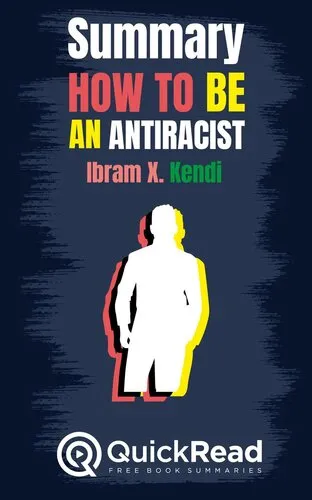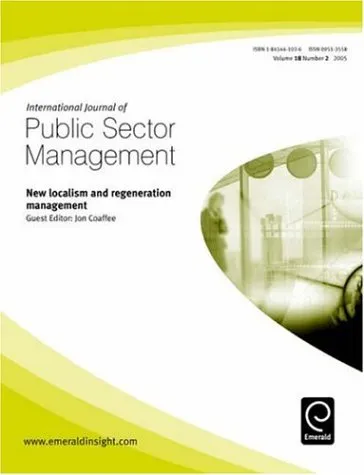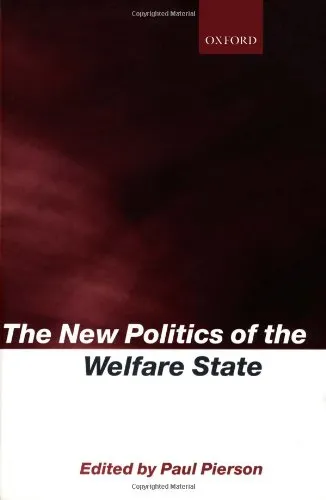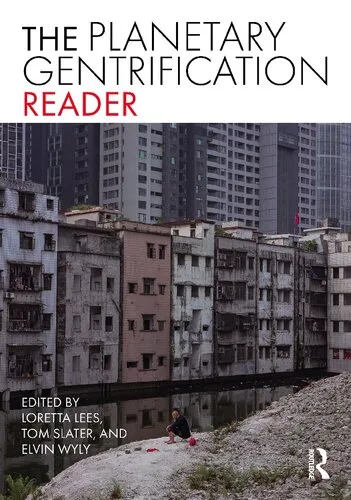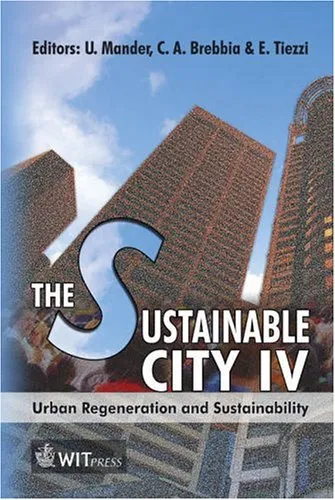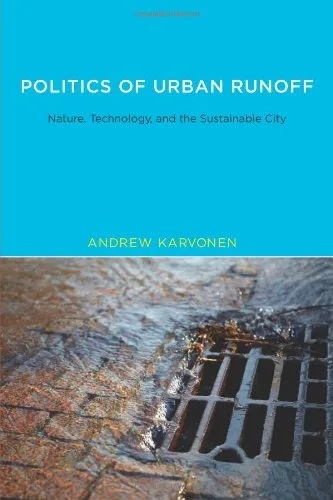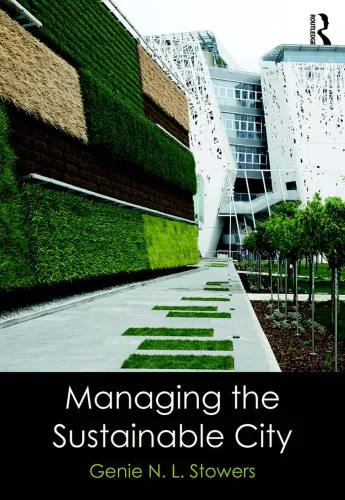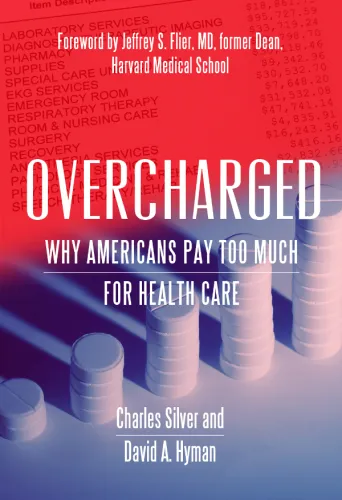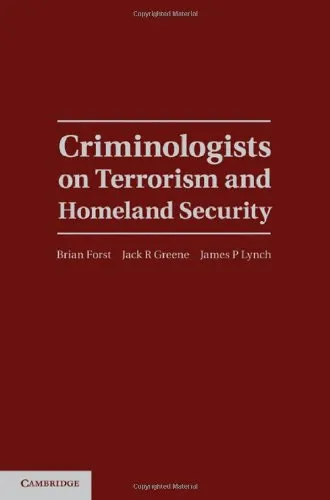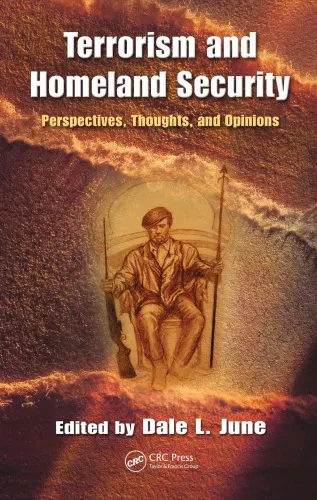The New Economy of the Inner City: Restructuring, Regeneration and Dislocation in the 21st Century Metropolis
4.0
Reviews from our users

You Can Ask your questions from this book's AI after Login
Each download or ask from book AI costs 2 points. To earn more free points, please visit the Points Guide Page and complete some valuable actions.Related Refrences:
Introduction to 'The New Economy of the Inner City'
In the intricately woven tapestry of the 21st-century metropolis, the inner city stands as both a symbol of challenge and potential. 'The New Economy of the Inner City: Restructuring, Regeneration, and Dislocation in the 21st Century Metropolis' delves deep into this dynamic and often contentious space. By examining the economic, social, and political transformations unfolding within these urban environments, this book illuminates the complex interplay of forces that shape the heart of our cities.
Detailed Summary of the Book
The book explores the multifaceted phenomena of urban economic development, concentrating on the inner city as a locus of intersecting possibilities. It begins by addressing the historical context that has led to the current urban landscape, tracing the shifts from industrial cores to post-industrial challenges and opportunities. The narrative then moves towards the processes of gentrification and economic regeneration, focusing on how they alter the demographic and economic composition of urban centers.
Throughout the book, rigorous analysis is combined with case studies from across the globe, offering a comparative perspective on how urban centers contend with economic restructuring. These examples underscore the dual forces of innovation and displacement as cities continually reinvent themselves. The role of policy and governance is critically examined, highlighting how decisions at the municipal level influence the trajectory of inner-city economies.
Key Takeaways
- The inner city remains a pivotal space within the broader narrative of global economic restructuring.
- Gentrification is not merely a socioeconomic phenomenon but a deeply political one, influencing urban policy and community dynamics.
- The intersection of technology and urban development creates both opportunities and challenges for sustaining equitable growth.
- Policy interventions must address both the needs of residents and the imperatives of economic growth to create sustainable urban futures.
Famous Quotes from the Book
“Urban centers are not merely relics of industrial pasts but canvases of future potential.”
“Economic growth in the inner city should be as inclusive as it is innovative.”
“Gentrification, while revitalizing in intent, can be exclusionary in impact.”
Why This Book Matters
In a world increasingly defined by urbanism, understanding the role and transformation of the inner city is crucial for policymakers, urban planners, and residents alike. This book provides a comprehensive framework for understanding these changes, emphasizing the need for inclusive and sustainable development strategies. Whether you are an academic, practitioner, or an engaged citizen, the insights offered can guide efforts to foster urban environments that are both economically vibrant and socially inclusive.
'The New Economy of the Inner City' not only contextualizes the challenges faced by modern urban environments but also offers a hopeful outlook on how thoughtful engagement can harness the potential of these spaces for broader societal benefit. It urges a rethinking of inner-city strategies to focus on equity and inclusivity, ensuring that the benefits of urban development are shared by all.
Free Direct Download
You Can Download this book after Login
Accessing books through legal platforms and public libraries not only supports the rights of authors and publishers but also contributes to the sustainability of reading culture. Before downloading, please take a moment to consider these options.
Find this book on other platforms:
WorldCat helps you find books in libraries worldwide.
See ratings, reviews, and discussions on Goodreads.
Find and buy rare or used books on AbeBooks.
1383
بازدید4.0
امتیاز0
نظر98%
رضایتReviews:
4.0
Based on 0 users review
Questions & Answers
Ask questions about this book or help others by answering
No questions yet. Be the first to ask!
